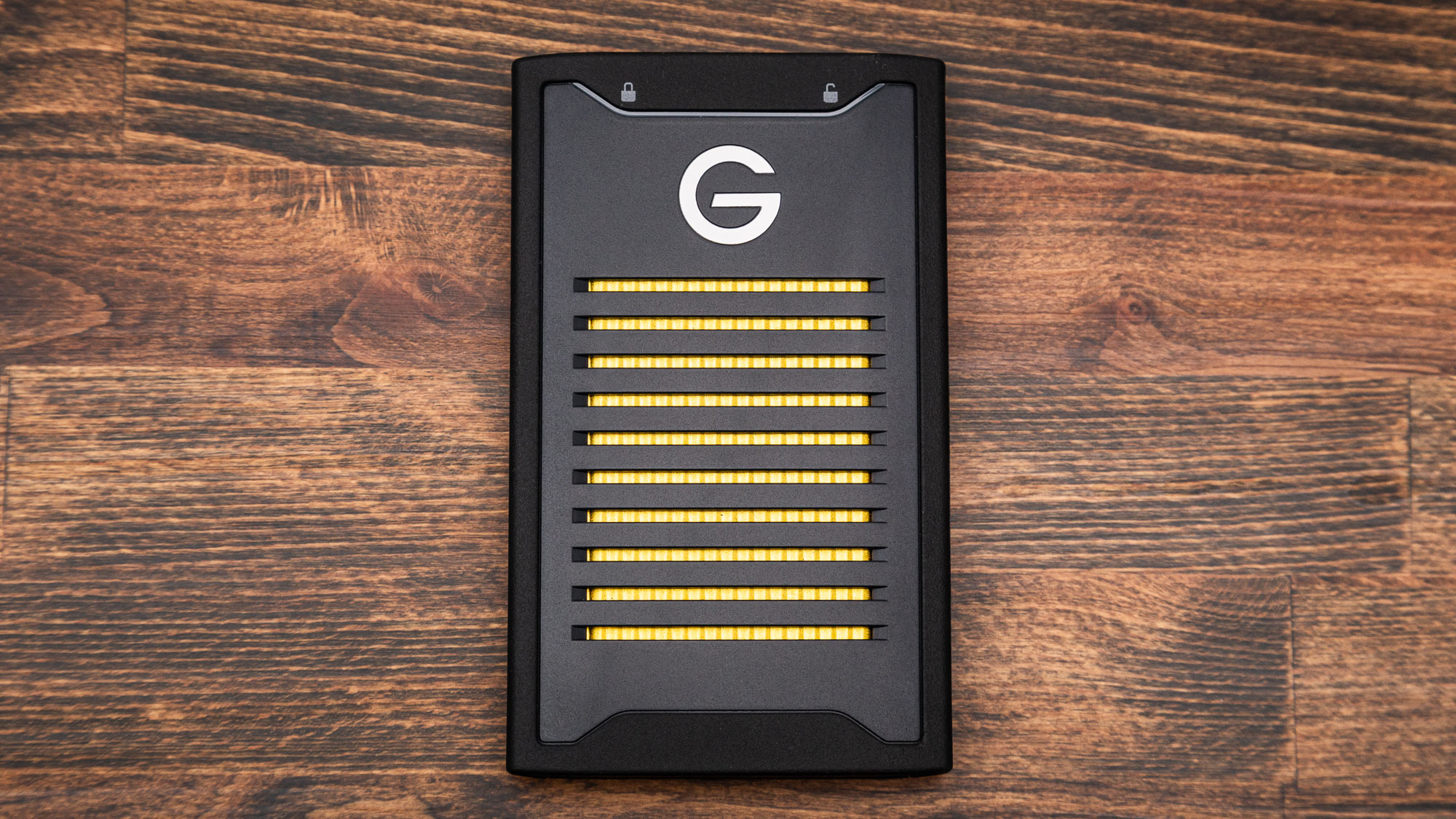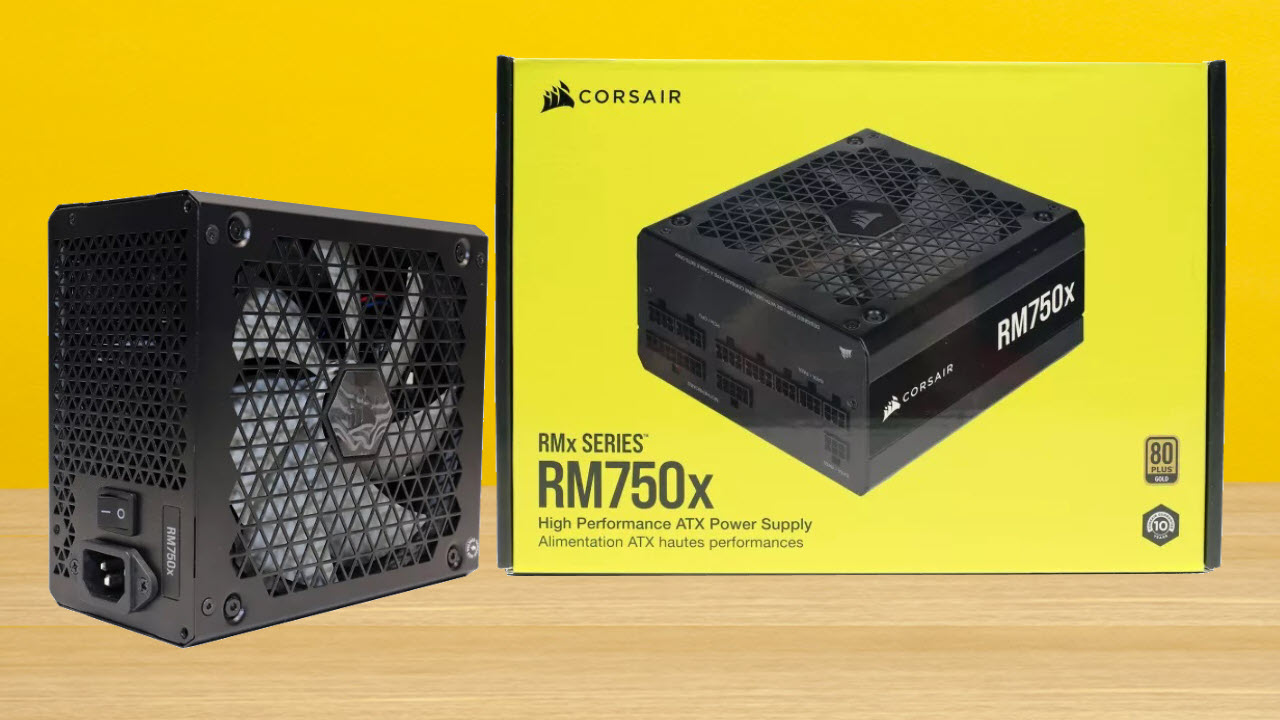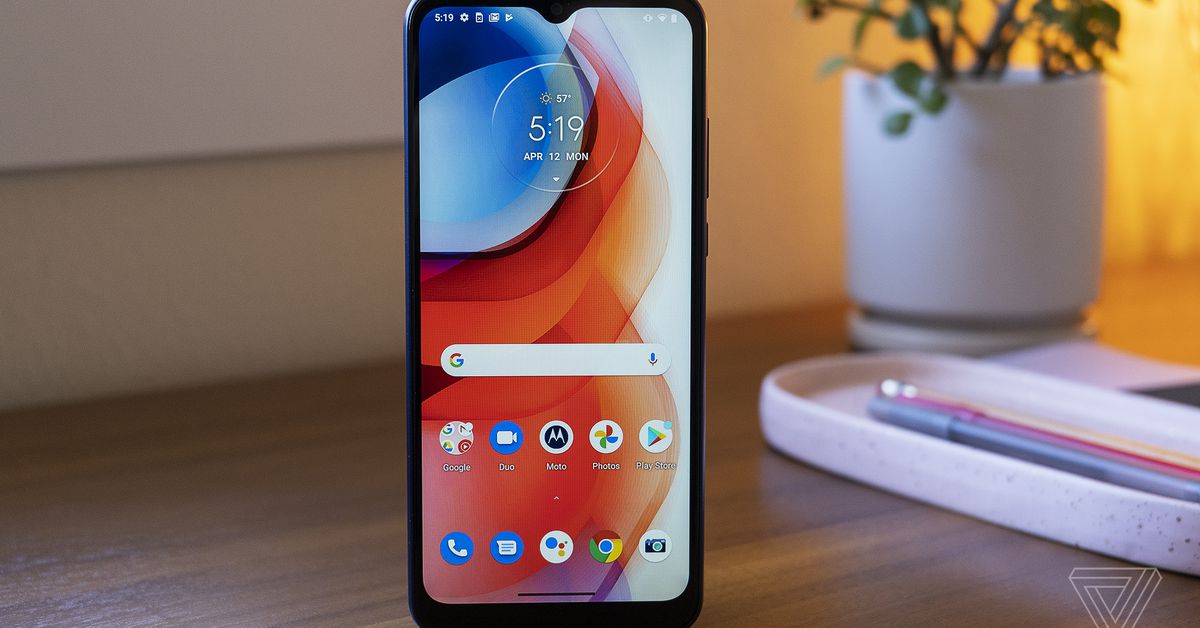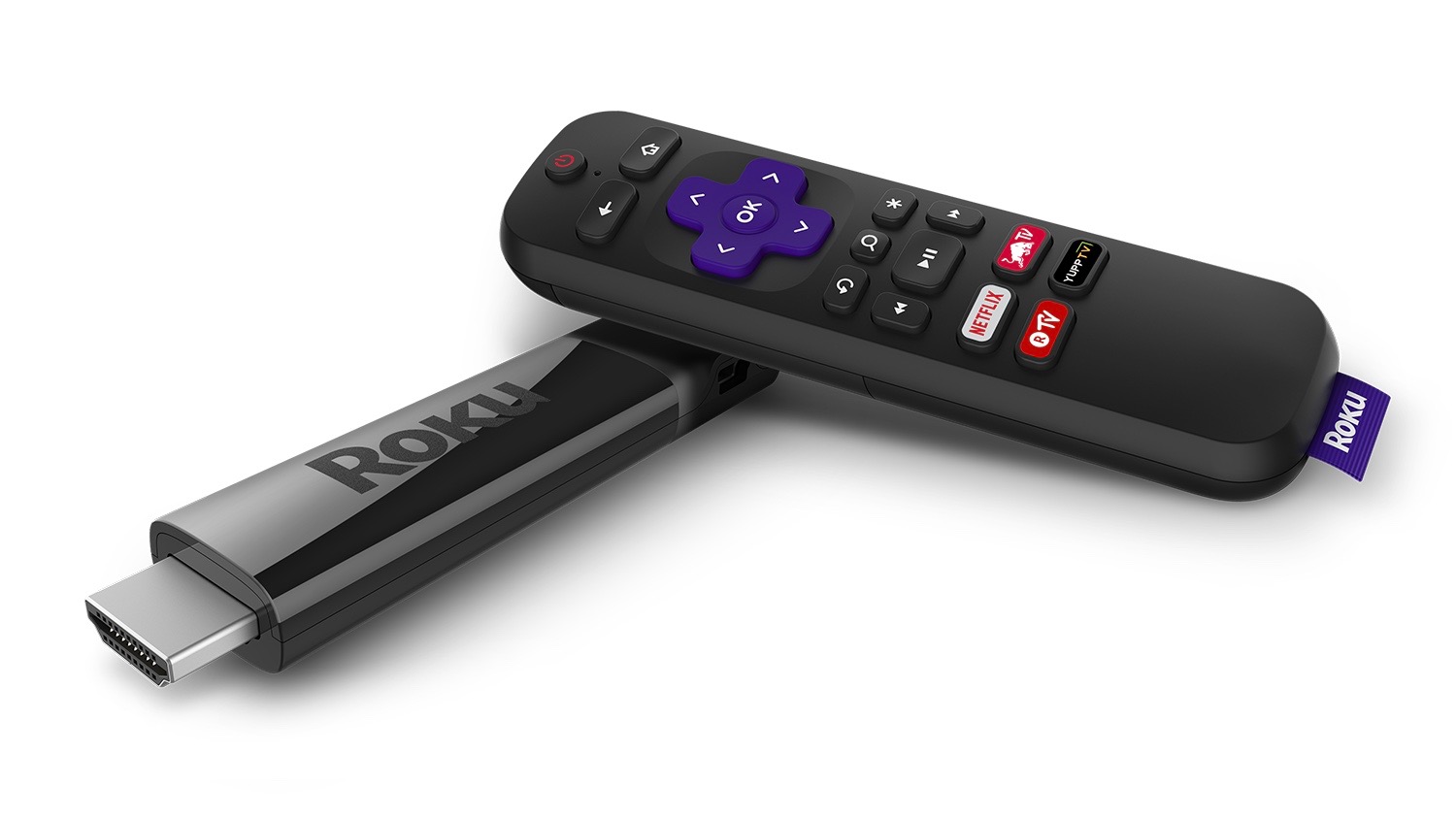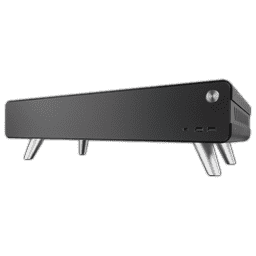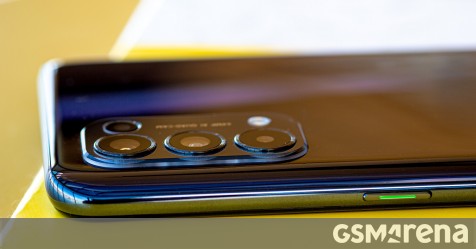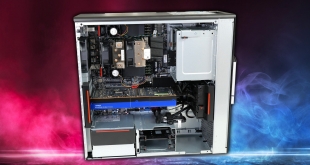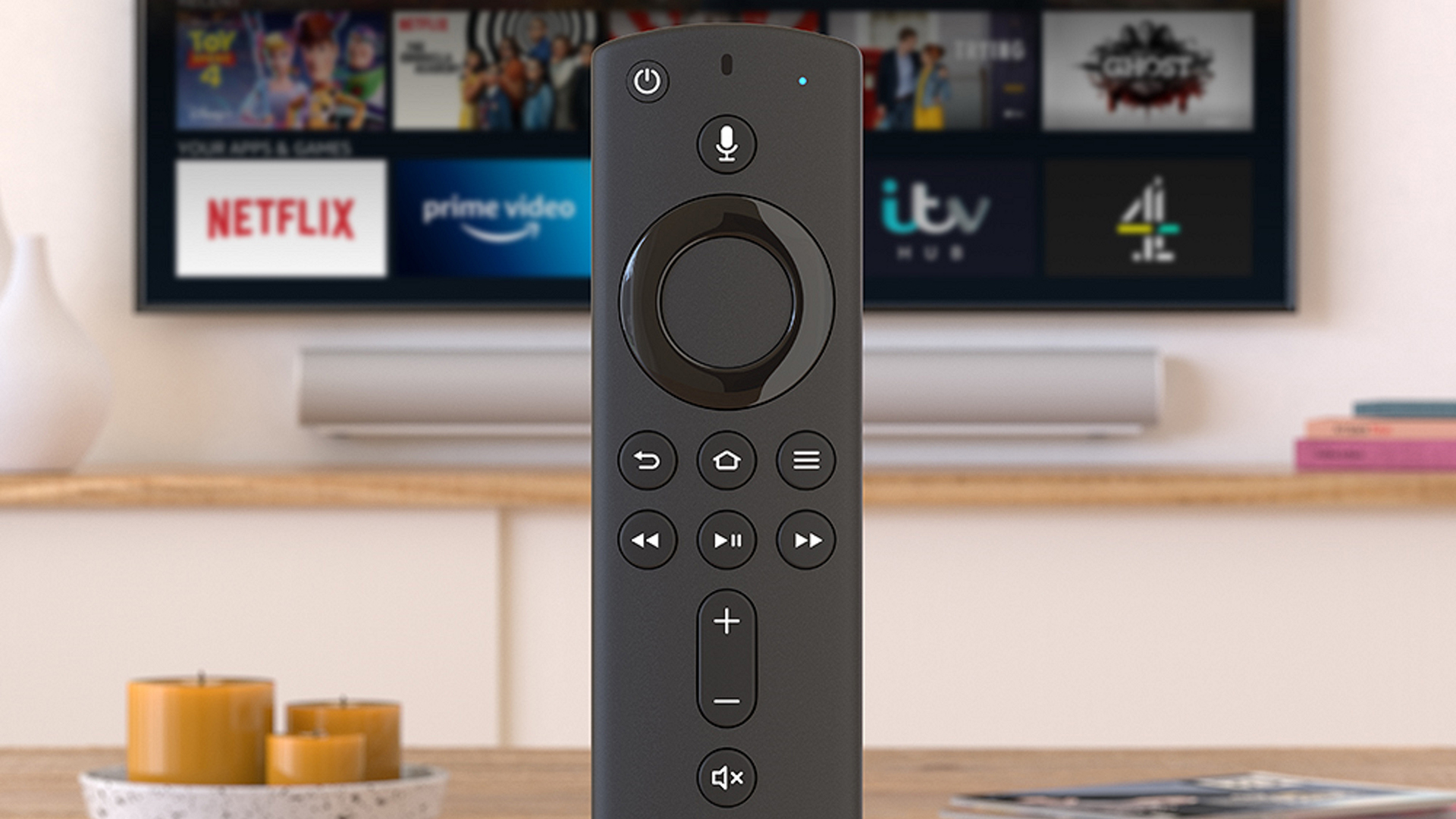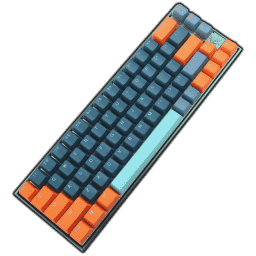Our Verdict
G-Technology’s ArmorLock Encrypted NVMe SSD is ready for almost any condition or abuse and comes with secure, always-on 256-bit AES-XTS hardware encryption.
For
- + Competitive 10 Gbps performance
- + AES-XTS 256-bit hardware encryption
- + Rugged design
- + 5-year warranty
Against
- – Single 2TB capacity
- – Bulky size
- – Costly
Features and Specifications
By leveraging your phone’s biometrics, such as touch or FaceID, G-Technology’s ArmorLock Encrypted NVMe SSD makes passwords a thing of the past in an attempt to remove the most common inconvenience when it comes to data security — entering a password. The ArmorLock Encrypted NVMe SSD is a secure portable storage solution with fast, consistent performance of up to 1 GBps of sequential read/write throughput that keeps your data safe with always-on 256-bit AES-XTS hardware encryption. Plus, it carries robust abuse ratings that ensure it will maintain reliability in the toughest conditions, perfect for those adventurous types.
Data security is becoming more important for a large swath of users, from creators in the media and entertainment industry to professionals in finance, government, healthcare, IT enterprise, and legal fields. Password protection backed by AES 256-bit encryption is the norm for those who need to ensure the data they have remains locked down and secure. Ranging from a simple password manager launching within the host OS to alphanumeric keypads with PIN protection and even fingerprint scanners, we have seen quite a few ways of unlocking password-protected storage devices over the years. Unlocking your secure storage with only a phone app seems convenient; let’s put it to the test.
Specifications
| Product | ArmorLock Encrypted NVMe SSD 2TB |
| Pricing | $499.99 |
| Capacity (User / Raw) | |
| Interface / Protocol | USB-C / USB 3.2 Gen 2 |
| Included | USB Type-C & USB Type-C to USB Type-A |
| Sequential Read | 1,000 MBps |
| Sequential Write | 1,000 MBps |
| Interface Controller | ASMedia ASM2362 |
| NAND Controller | WD Architecture |
| DRAM | DDR4 |
| Storage Media | WD 96L TLC |
| Power | Bus-powered |
| Endurance | IP55 water-dust resistant |
| 2-meter drop protection | |
| 1,000 lbs. crush resistant | |
| Security | AES-XTS 256-bit hardware encryption |
| Dimensions (L x W x H) | 134 x 82 x 19 mm |
| Weight | 200 g |
| Part Number | 0G10484-1 |
| Warranty | 5-Years |
G-Technology’s ArmorLock Encrypted NVMe SSD is available in just one 2TB model priced at $400. The SSD delivers up to 1,000 MBps of sequential throughput. Unlike most consumer-grade SSDs, the ArmorLock NVMe SSD’s write performance won’t significantly degrade below its rated performance under high abuse. Of course, that is assuming that it is connected to a compliant USB 3.2 Gen 2 port. The company backs it with a long five-year warranty for peace of mind, too.
Software & Accessories
G-Technology includes two twelve-inch USB cables, one Type-C, and one Type-A to Type-C, with the ArmorLock Encrypted NVMe SSD.
ArmorLock App
You configure and manage the device through the company’s ArmorLock app, available on both the App Store and Google Play Store. Not only does the app enable firmware updates, formatting, and even secure erasing the device, but it can also track the last known location of the SSD and simplifies multi-user and multi-drive management. You cannot unlock the ArmorLock drive by connecting it directly to a PC — you have to use the app. As such, at installation, the app creates a recovery key that you store separately. This key allows you to install the app onto another phone if you lose your phone or uninstall the application, thus enabling you to unlock your storage device.
Image 1 of 2
Image 2 of 2
A Closer Look
Image 1 of 3
Image 2 of 3
Image 3 of 3
G-Technology’s ArmorLock Encrypted NVMe SSD features a fairly rugged design and an activity indicator light. It carries an IP67 dust and water resistance rating and can handle a three-meter drop, and the company states that it boasts 1000-pound crush resistance. Its thick finned aluminum core aids with heat dissipation, but it comes at the expense of size.
While the device is pocketable, it is very large at 134 x 82 x 19 mm, and the plastic casing gives it a clunky and toy-like feel in the hand. We were even able to twist the casing, which ironically helped during our disassembly process. It is also fairly heavy, weighing roughly 200 grams, which is two to three times heavier than many portable SSDs.
Image 1 of 4
Image 2 of 4
Image 3 of 4
Image 4 of 4
G-Technology’s ArmorLock uses a Bluetooth low energy module by Raytac that’s based on a Nordic nRF52840 SoC solution that allows communication between your drive and the app. When plugged in, the ArmorLock Encrypted NVMe SSD’s LED indicator light will show it is locked until you unlock the device with the app.
The ArmorLock uses 256-bit AES-XTS hardware encryption, which provides stronger data protection by taking advantage of two AES keys instead of just one, and NIST P-256 elliptic curve-based key management to eliminate side-channel attacks, ensuring data stored on the devices remains secure.
Image 1 of 3
Image 2 of 3
Image 3 of 3
An ASMedia ASM2362 USB 3.2 Gen 2 10 GBps to PCIe 3.0 x2 bridge chip manages host-to-SSD communication. G-Technology outfitted the ArmorLock with WD SN730 PCIe 3.0 x4 NVMe 1.3-compliant SSD. This SSD is similar to the SN750 but comes as a client solution that uses BiCS4 96-Layer TLC flash. It features a multi-core, DRAM-based architecture and offers plenty of speed to saturate the bridge chip’s capability.
MORE: Best SSDs
MORE: How We Test HDDs And SSDs
MORE: All SSD Content
Current page:
Features and Specifications
Next Page 2TB Performance Results
